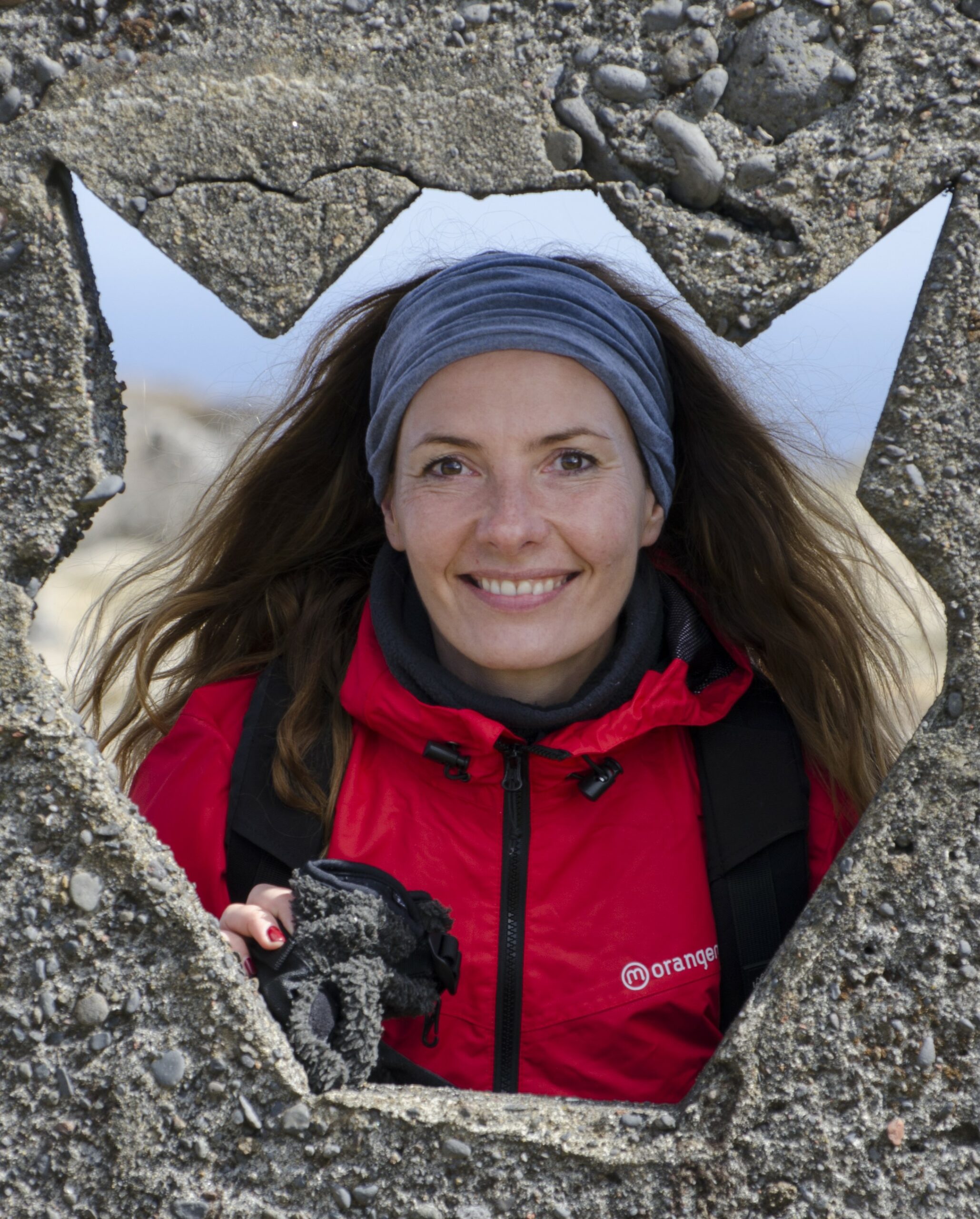
Year of birth: 1975; Nationality: French
Researcher unique identifier ORCID
Contribution to the discovery of novel and unique families of antibiotic peptides (AMPs): Macins with regenerative and antibiotic activity, & BRICHOS-AMPs found exclusively in sea worms, including extremophiles. Each has been patented for applications in human therapy and/or agronomy. JBC 2004; J. Immunol. 2008; PlosOne 2014; Marine Drugs 2019
Contribution to the better understanding of the biological role of AMPs in neuroimmune and anti-infective responses in humans and worms: Blood 2002; J. Immunol. 2008;JBC 2012; Scientific Reports 2015
Contribution to the understanding of marine extremophiles. I’ve pioneered in showing that AMPs are markers of adaptation to extreme environments (highly polluted coastal, polar, abyssal…) and that they play an important role in establishing vital detoxifying symbioses. PlosOne 2014; Scientific Reports 2017; STOTEN 2018; Front. Immunol. 2020; STOTEN 2023,
EDUCATION
2008 Habilitation thesis for research supervision (HDR). “From peripheral to nervous system immunity: Focus on antimicrobial peptides (AMPs)”
2001 PhD. “Characterisation and role of AMPs in the immunity of the leech Theromyzon tessulatum”. University of Lille (ULILLE).
CURRENT POSITION
Since 2021, University Professor of Biology (CNU68): Lecturer at ULILLE and head of the research group “AMPs from extremophilic worms ” at the Centre of Infection and Immunity of Lille (CIIL), CNRS UMR 9017, Pasteur Institute of Lille.
PREVIOUS POSITIONS
2019-2023 Vice-President of the National Council of University (CNU), member of the advisory board of the CNU Standing Committee (CP-CNU), French Ministry for Research and Higher Education
2012-2020 Leader of the “Species Interaction and Comparative Immunology (SPICI)”, Evolution Ecology and Palaeontology (EEP) unit, CNRS UMR8198, ULILLE, France
2009-2011 Co-leader of the “Danger signals, signalling pathways and effectors” team, Neuroimmunology Laboratory, CNRS FRE2933, ULILLE, France
2003-2021 Associate Professor, ULILLE, France
2002-2003 Postdoctoral fellowship (funding from the National Institute of Health) “Implication of the AMPs HD5 and HD6 in human intestinal mucosal immunity». Cleveland Clinic, USA.
FELLOWSHIPS AND AWARDS
2020-2021 CNRS Delegation, Biological Sciences Institute (INSB)
2012-2013 CNRS Delegation, Institute of Ecology and Environment (INE)
1998-2001 PhD grant from the French Ministry for Research
RECENT INVITED CONFERENCES
2023 Académie des Sciences, Institut de France, Paris, France
2023 Gordon Research Conferences, Barga, Italia
MEMBERSHIPS OF SCIENTIFIC SOCIETIES AND COMITIES
Since 2007 Member of the board of the French group on the multifunctionality of AMPs
Since 2013 Member of the AMPs working group of the French Microbiology Society (SFM)
Member of the scientific comities of the 3rd, 7th and 8th International Symposium on AMPs
SCIENTIFIC MISSIONS
Field missions, mainly oceanographic : 6 deep-sea missions with the deep water vehicles or the submarine on the Pacific and Atlantic ridges and the back arc basin, 3 missions in the sub-Antarctic (Kerguelen Islands) and 2 missions in Siberia (Lake Baikal, Russia) to collect and study extremophilic invertebrates.
SELECTION OF FIVE RECENT PUBLICATIONS
| 1 | Bruno, R., Boidin-Wichlacz, C., Melnyk, O., Zeppilli, D., Landon, C., Thomas, F., Cambon, M.A., Lafond, M., Mabrouk, K., Massol, F., Hourdez, S., Maresca, M., Jollivet, D., Tasiemski, A. (2023) The diversification of the antimicrobial peptides from marine worms is driven by environmental conditions, STOTEN, DOI First evidence of the influence of the abiotic environment (temperature, pH, etc.) on the selection of AMPs, their sequence, biological activity and structure. |
| 2 | Hourdez, S., Boidin-Wichlacz, C., Jollivet, D., Massol, F., Rayol, M.C., Bruno, R., Zeppilli, D., Thomas, F., Lesven, L., Billon, G., Duperron, S., Tasiemski, A. (2021) Investigation of Capitella spp. symbionts in the context of varying anthropic pressures: First occurrence of a transient advantageous epibiosis with the giant bacteria Thiomargarita sp. to survive seasonal increases of sulfides in sediments, STOTEN, DOI Adaptation to changes in habitat, based on a transient detoxifying symbiosis with a giant bacterium, which allows a species of coastal worm to survive temporarily lethal sulfidic conditions in nature. |
| 3 | Le Bloa S., Boidin-Wichlacz C., Cueff-Gauchard V., Rosa R.D., Cuvillier-Hot V., Durand L., Methou P., Pradillon F., Cambon-Bonavita M.A., Tasiemski A. (2020) Antimicrobial Peptides and Ectosymbiotic Relationships: Involvement of a Novel Type IIa Crustin in the Life Cycle of a Deep-Sea Vent Shrimp. Front Immunol., DOI A novel and unusual AMP sequence from an extremophilic organism and its role in establishing a vital symbiosis during the life cycle of an endemic deep-sea invertebrate |
| 4 | Bruno, R., Maresca, M., Canaan, S., Cavalier, J.F., Mabrouk, K., Boidin-Wichlacz, C., Olleik, H., Zeppilli, D., Brodin, P., Massol, F., Jollivet, D., Jung, S., Tasiemski, A. (2019) Worms’ Antimicrobial Peptides. Marine Drug, review, DOI Review presenting and comparing the originality of all known AMPs identified in all worms (flatworms, annelids and nematodes). |
| 5 | Papot, C., Massol, F., Jollivet, D., Tasiemski, A. (2017): Antagonistic evolution of an antibiotic and its molecular chaperone: How to maintain a vital ectosymbiosis in a highly fluctuating habitat. Scientific Reports, DOI The AMP sequence of the world’s most thermotolerant abyssal worm has remained unchanged for more than hundreds of millions of years, something that has never been observed in any invertebrate or vertebrate. |